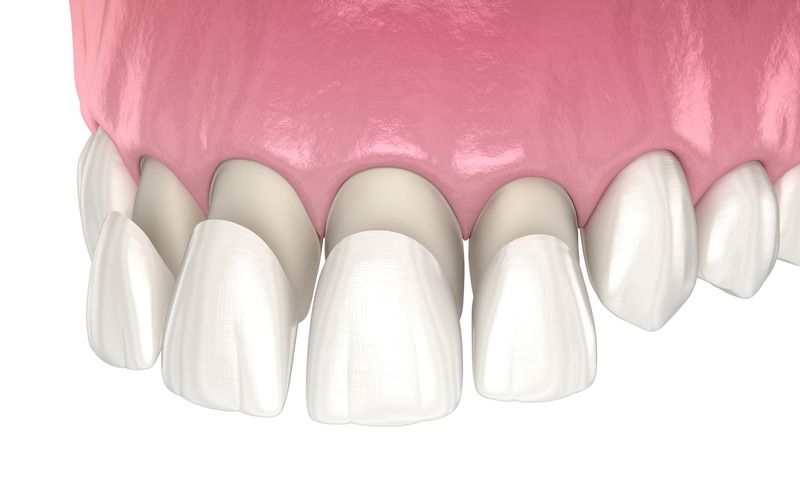For many families, maintaining good oral health is a priority that fits neatly into their routine of regular check-ups and teeth cleanings. However, beyond the basics, dental care can encompass a variety of procedures aimed at preserving and enhancing the smiles of all family members, from toddlers to grandparents. Whether it’s preventative measures or corrective treatments, understanding common dental procedures can help you manage your family’s dental care more effectively.
Preventative Dental Procedures
The cornerstone of dental health lies in prevention. Regular visits to the dentist for cleanings and check-ups are essential for maintaining healthy teeth and gums. Here’s a breakdown of standard preventative procedures:
1. Dental Cleanings and Exams
These visits are crucial as they remove plaque and tartar buildup that regular brushing and flossing might miss. During an exam, dentists check for signs of decay, gum disease, and other health issues.
2. Dental X-Rays
Dentists rely on X-rays to see what the naked eye can’t. They help reveal decay between teeth, check the health of the jaw bone, spot developing teeth, and identify issues under the gum line.
3. Sealants
Dental sealants are thin, protective coatings that adhere to the chewing surface of back molars, preventing decay in these decay-prone areas. They are often applied to children’s teeth.
4. Fluoride Treatments
Fluoride strengthens teeth and protects against tooth decay. These treatments are particularly beneficial for children but are also recommended for adults in certain situations.
Restorative Dental Procedures
When prevention isn’t enough, restorative procedures come into play. These are designed to treat issues that have already arisen, such as cavities or gum disease, and restore the function and appearance of teeth.
1. Tooth-Colored Fillings
Gone are the days when fillings were always metallic and noticeable. Composite resin fillings blend seamlessly with teeth’ natural color, providing an aesthetically pleasing solution to cavities.
2. Bridges and Crowns
For those missing one or more teeth or with significant damage, restore your smile with bridges and crowns. A bridge literally bridges the gap created by missing teeth with artificial teeth supported by neighboring teeth or dental implants. Crowns, on the other hand, cover a damaged or decayed tooth entirely, protecting it and restoring its normal shape and size.
Orthodontic Treatments
Many families find that orthodontic procedures are necessary for correcting misaligned teeth and jaws. These interventions not only improve appearance but also function by creating a better bite and making it easier to clean teeth.
1. Braces
The most common orthodontic procedure involves braces, which align and straighten teeth by applying continuous pressure over a period of time, slowly moving teeth in specific directions.
2. Clear Aligners
Clear aligners are popular among teens and adults as a less noticeable alternative to braces. They consist of a series of custom-made, transparent trays that gradually move teeth into place.
Cosmetic Dental Procedures
While not always medically necessary, cosmetic procedures can boost confidence by improving the appearance of teeth, gums, and smiles.
1. Teeth Whitening
One of the simplest and most popular cosmetic dental procedures, professional teeth whitening provides immediate improvements, brightening teeth several shades lighter than before.
2. Veneers
For a more comprehensive makeover, veneers offer a custom cover-up of severe discoloration, chips, or misshapen teeth. These thin shells are bonded to the front of teeth to give a classic, more uniform look.
Dental Procedures for Children
Children’s teeth require specific interventions to ensure they develop healthy, strong adult teeth later in life.
1. Stainless Steel Crowns
Stainless steel crowns are a common solution for restoring significantly decayed baby teeth. They protect the remaining tooth structure and ensure that baby teeth can hold space for future permanent teeth.
2. Space Maintainers
If a child loses a tooth prematurely, space maintainers can hold the gap open until the permanent tooth is ready to emerge, preventing alignment issues later.
Emergency Dental Care
Accidents happen, and sometimes you need quick care to address a dental emergency. This may include treatments for broken or knocked-out teeth, severe toothache, or swollen gums. Fast action can often save a tooth, prevent infection and avoid long-term complications. It’s crucial to have a trusted dentist who can provide prompt attention during these critical moments.
Selecting the Right Dental Treatments
Choosing the appropriate dental treatments involves understanding the needs and goals of each family member. Pediatric dental care requires different strategies compared to adult or cosmetic care. Regular evaluations with a dentist will guide your decisions and help keep everyone’s oral health on track.
Dental Groups and Their Role in Community Health
Dental groups play a critical role in delivering comprehensive oral health care. Organizations like Golestani Dental Group of Harrison provide examples of how community-focused dental practices operate to serve the wide-ranging needs of families and ensure that all age groups benefit from advanced dental care techniques.
Wrapping Up
Understanding common dental procedures helps families make informed decisions about their oral health care. From preventative treatments to emergency interventions, each procedure has its place in maintaining or restoring oral health. By keeping informed and proactive, you can ensure that your family’s dental health is in good hands for years to come.


